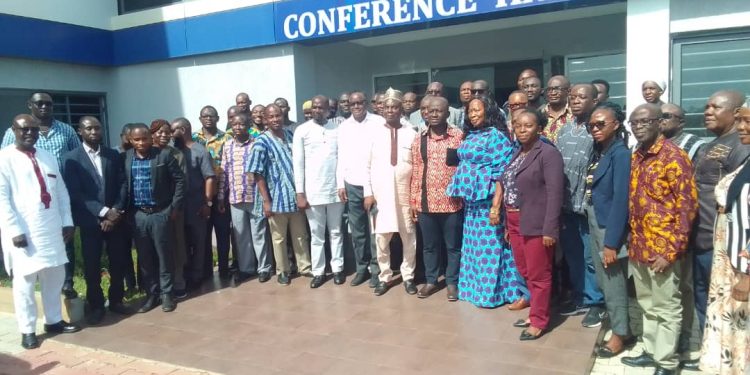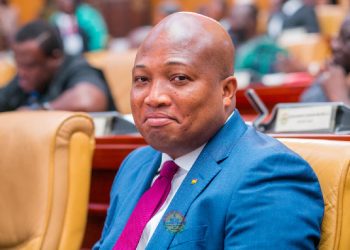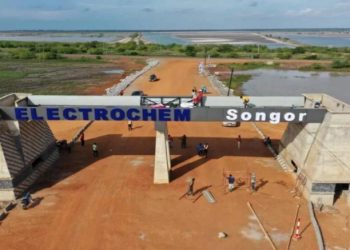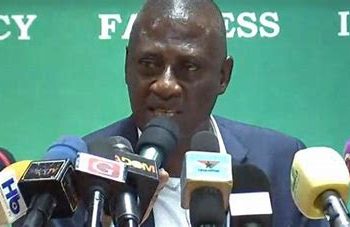Transport Minister Kwaku Ofori Asiamah has said that the government is committed to the transition to electric vehicles (EVs) by 2030.
The transition, the minister said, will help to mitigate the negative impact of climate change, reduce health-related hazards, and avert the dumping of fossil fuel vehicles in the country.
The government, under the Paris Climate Accord, has drafted a National Electric Vehicle Policy to solicit stakeholder input and enable the country to switch from the use of fossil fuel vehicles to EVs to curb greenhouse gas emissions and global warming.
The drafted policy, whose framework was developed in June 2022, is aimed at drawing up a comprehensive implementation plan and an investment strategy to ensure a seamless transition.
Speaking at a stakeholder consultative forum in Bolgatanga on the drafted National Electric Vehicle Policy, Mr. Asiamah underscored the need for Ghana to hasten its planned switch to safe electric-powered vehicles in its quest to attain the UN’s Sustainable Development Goals 13, 11, and 7.
He noted that, as global automotive markets begin to phase out fossil-fuelled vehicles for electric ones, Ghana risks becoming a dumping site if synergetic efforts are not harnessed to switch to EVs.
“The experts have said in clear and unambiguous terms that emissions from vehicles are not only bad for our planet, but they are also bad for our health. As the world moves away from fossil-fuelled vehicles to electric vehicles, it is necessary that Ghana move with the times to ensure that our country does not become a convenient dumping ground for used fossil-fuelled vehicles,” he said.
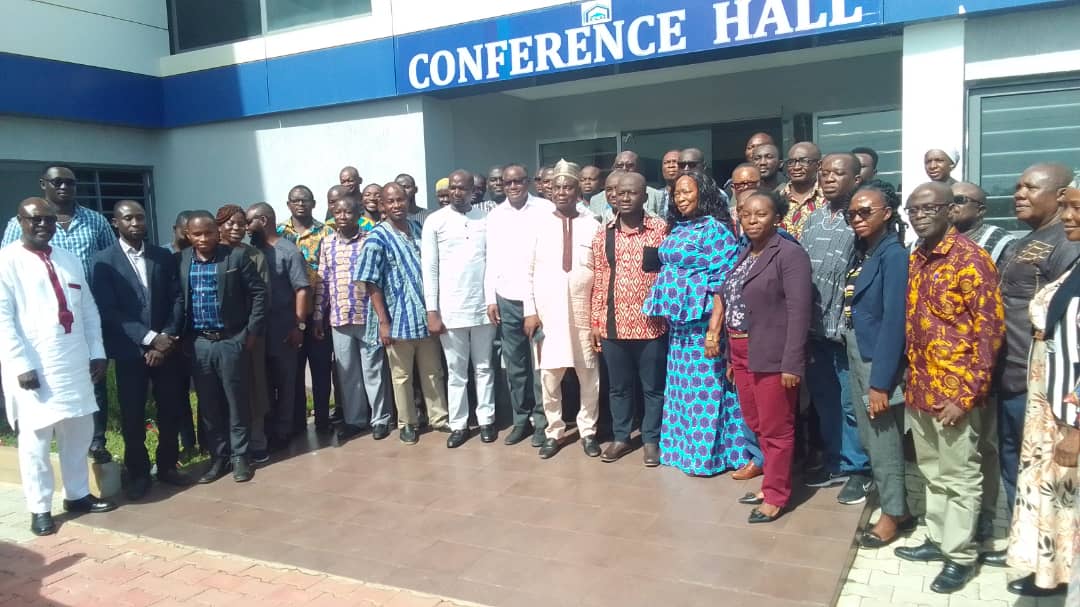
While disclosing the steps the government is taking to meet its climate targets under the Paris Agreement, Deputy Minister of Energy Herbert Krapa assured that the country’s commitment to adopt EVs will lead the entire continent into clean and sustainable energy production and utilization.
“The Ministry of Energy, in collaboration with the Energy Commission, is embarking on the Drive Electric Initiative (IDE) to promote alternative and productive use of electricity—beyond our business-as-usual case of industrial, commercial, and residential uses—to power vehicles on our roads as well as enable us to meet our climate targets,” he said.
“With our ambitious target of achieving our renewable energy commitment under the Paris Agreement, Ghana will not only be spearheading the drive for electric vehicles but also leading Africa into clean and sustainable energy production and utilization,” he added.
Upper East Regional Minister Stephen Yakubu, while acknowledging the positive impact the implementation of the policy will have on the lives of the people of the region, urged the Energy Ministry to harness the region’s solar potential to construct new solar-driven facilities and expand existing ones to augment the country’s hydro-energy sources.
In Ghana’s quest to develop a comprehensive national electric vehicle policy document for implementation, the Ministry of Transport, in collaboration with the Ministries of Energy and Finance and with support from the Public Sector Reform for Results Project (PSRRP), has begun a series of stakeholder consultation forums in various regions to seek inputs towards a seamless policy execution.






